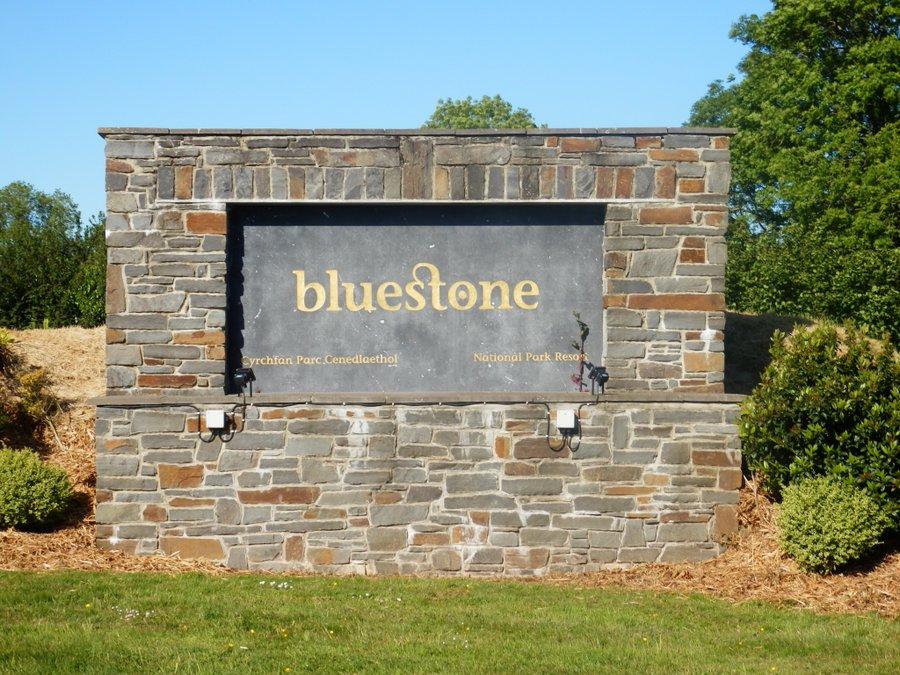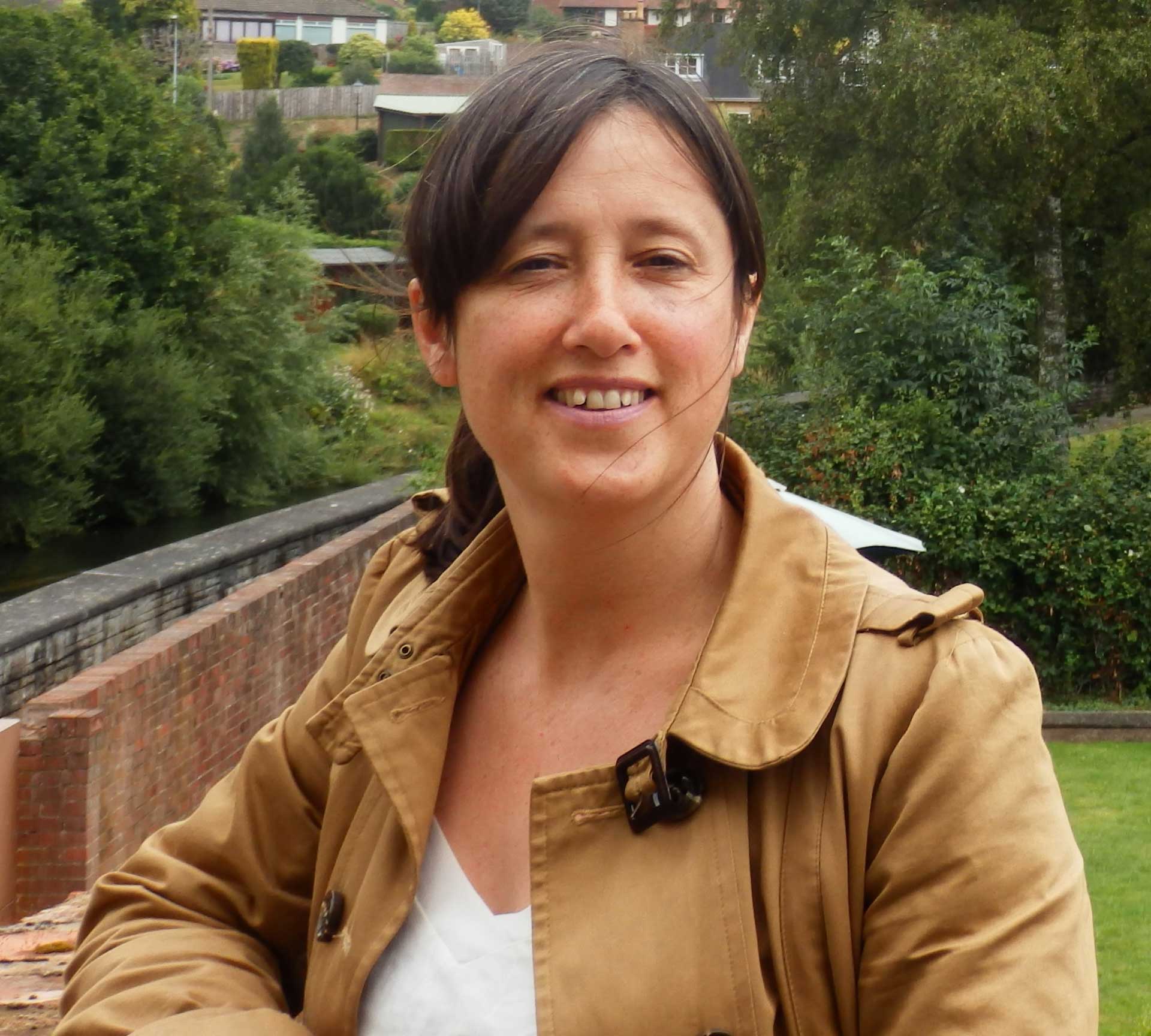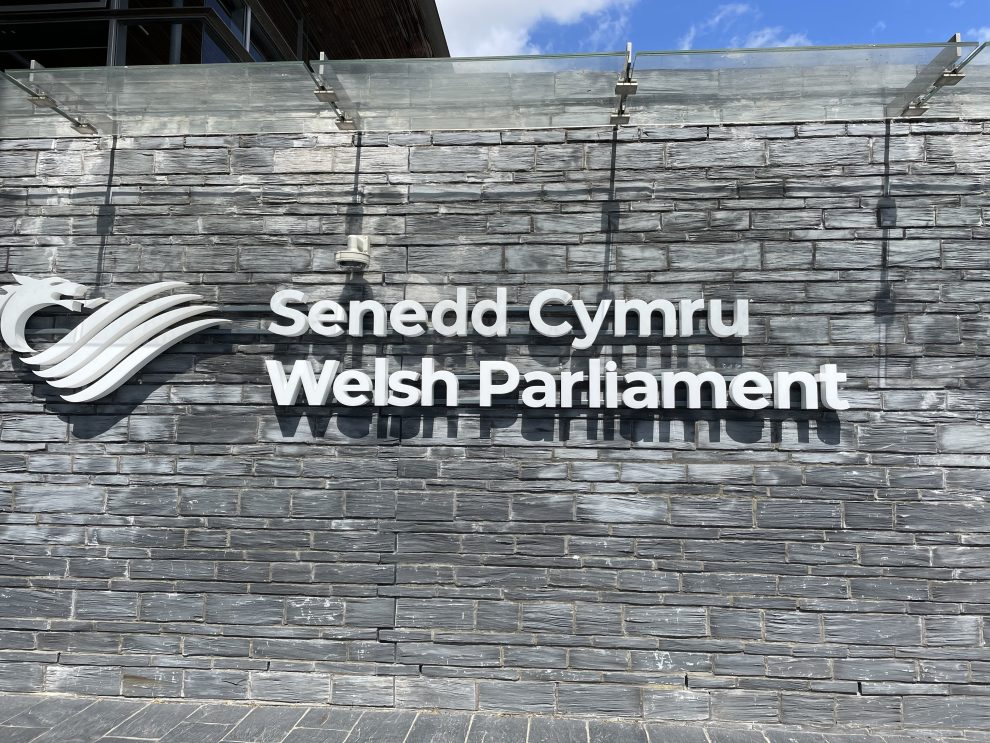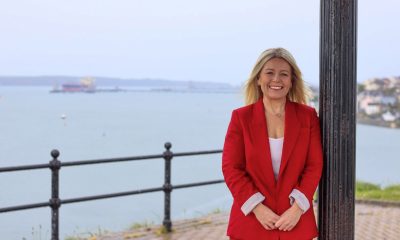Politics
Russia Report flays government inaction

AFTER nine months of delay, which had nothing whatsoever to do with the embarrassment its content could have caused to successive Conservative Prime Ministers, the long-awaited Intelligence Services Committee report into Russian interference in the UK’s democratic processes was published on Tuesday, July 21.
The Committee delivered its report to the UK Government last autumn, well before the announcement of December’s General Election. However, the Government delayed its release indefinitely.
PUBLICATION AFTER GRAYLING FAILED AGAIN
The report’s publication on Tuesday followed an attempt by Number 10 Downing Street to rig the election of a new Chair for the Committee. Former Attorney-General Dominic Grieve QC stood down at the last election.
Last week, Number 10 attempted to parachute in a patsy to replace Dominic Grieve, former Cabinet Minister Chris Grayling, hoping to kick the report even further into the long grass. The effort failed comically when the Government’s nominee lost a rigged election. The new Chair, Julian Lewis, a Conservative MP, had the Conservative whip withdrawn from him as a result of ‘disloyalty’ to Number 10.
The attempt to thwart the report’s publication – or to neuter its already heavily redacted form – rebounded badly on Boris Johnson and draws attention to some of the report’s more uncomfortable conclusions regarding the extent of Russian infiltration into the UK’s public life.
The report is a scathing assessment of the UK Government’s continued failure to either adequately assess or even investigate how Russia, or those associated with the Putin regime, attempted to influence the UK electorate.
KEY FINDINGS
• Russian influence in the UK is the new normal. Successive Governments have welcomed the oligarchs and their money with open arms, providing them with a means of recycling illicit finance through the London ‘laundromat’, and connections at the highest levels with access to UK companies and political figures.• This has led to a growth industry of ‘enablers’ including lawyers, accountants, and estate agents who are – wittingly or unwittingly – de facto agents of the Russian state.
• It clearly demonstrates the inherent tension between the Government’s prosperity agenda and the need to protect national security. While we cannot now shut the stable door, greater powers and transparency are needed urgently.
• UK is clearly a target for Russian disinformation. While the mechanics of our paper-based voting system are largely sound, we cannot be complacent about a hostile state taking deliberate action to influence our democratic processes.
• Yet the defence of those democratic processes has appeared something of a ‘hot potato’, with no one organisation considering itself to be in the lead, or apparently willing to conduct an assessment of such interference. This must change.
• Social media companies must take action and remove covert hostile state material: Government must ‘name and shame’ those who fail to act.
• We need other countries to step up with the UK and attach a cost to Putin’s actions. [The Russian state’s coordination of the Novichok attack in] Salisbury must not be allowed to become the high watermark in international unity over the Russia threat.
Several issues addressed in the published version of the Russia Report are covered in more depth in a Classified Annex which is unavailable for public scrutiny.
GOVERNMENT DIDN’T RECOGNISE THREAT
A statement by the Committee said: “There have been widespread allegations that Russia sought to influence voters in the 2016 referendum on the UK’s membership of the EU: studies have pointed to the preponderance of pro-Brexit or anti-EU stories on RT and Sputnik, and the use of ‘bots’ and ‘trolls’, as evidence.
“The actual impact of such attempts on the result itself would be difficult – if not impossible – to prove. However what is clear is that the Government was slow to recognise the existence of the threat – only understanding it after the ‘hack and leak’ operation against the Democratic National Committee, when it should have been seen as early as 2014 (when Russia attempted to interfere in the Scottish Independence Referendum). As a result, the Government did not take action to protect the UK’s process in 2016.”
“The Committee has not been provided with any post-referendum assessment – in stark contrast to the US response to reports of interference in the 2016 presidential election. In our view, there must be an analogous assessment of Russian interference in the EU referendum.”
In a press conference following the report’s publication, Chair of the Intelligence Services Committee, Julian Lewis recused himself from commenting on the report. He told media as he was not a member of the committee when it drew up the report, he would leave answers on its contents to two MPs who were members of it at the relevant time.
NO EFFORT TO INVESTIGATE
Members of the Intelligence Select Committee (ISC) said there was ‘no evidence’ that Russia sought to influence the 2016 Brexit referendum, but only because the government did not try to find out if it had.
One member, Stewart Hosie MP (SNP) said: “There has been no assessment of Russian interference in the EU referendum and this goes back to nobody wanting to touch the issue with a 10-foot pole.
“The UK Government has actively avoided seeking evidence as to whether Russia interfered.”
The report notes: “For example, it was widely reported shortly after the Scottish referendum that Russian election observers had suggested that there were irregularities in the conduct of the vote, and this position was widely pushed by Russian state media.
“We understand that HMG viewed this as being primarily aimed at discrediting the UK in the eyes of a domestic Russian audience.”
Russian propaganda was widely shared and effective in Scotland.
Over 87,000 people signed a petition demanding a re-vote following the Russian allegations of electoral fraud.
Kevan Jones, a former Labour defence minister, said all the evidence of Russian interference was there from the Scottish referendum
He said: “Short of a large van outside Downing Street, with a billboard on it saying, ’this is what was going on’, what more did the government need? Why was the decision taken not to look at the (Brexit) referendum?”
He said the Government lied about why Russia report couldn’t be published before the election.
Commenting on the report the Shadow Home Secretary, Kit Thomas-Symonds, said: “The report outlines a litany of hostile state activity, from cyber warfare, interfering in democratic processes, acts of violence on UK soil and illicit finance. On every level, the government’s response does not appear to be equal to the threat. While on key issues it is clear that there is no overall strategic response to this challenge – little wonder the government has been so keen to delay the publication.”
MONEY TALKS REALITY BITES
The Committee’s reports and its members’ comments leave little doubt that Theresa May actively declined to start an investigation into allegations of foreign interference in the 2016 Referendum campaign.
In a section about the referendum, the report says: “The written evidence provided to us appeared to suggest that HMG [Her Majesty’s government] had not seen or sought evidence of successful interference in UK democratic processes or any activity that has had a material impact on an election, for example influencing results.”
While any number of conspiracy theories swirl about her failure to at least ask GCHQ, MI6 or MI5 to look into the allegations, it is entirely likely that Mrs May’s decision was based in cold, hard realpolitik.
If an investigation had uncovered evidence of Russian interference, the consequences for the UK potentially outweighed any effect the interference had on the Referendum’s outcome.
Brexit hardliners within her party and fringe figures such as Nigel Farage would never have accepted any finding which undermined the legitimacy of the Referendum result. The result could have been political chaos and – quite possibly – civil disruption.
An investigation would also have provided an impetus for defeated Remain campaigners to challenge the result through the Courts.
The scope for revelations about prominent Conservative figures’ connection with Russia and Russian money might have caused severe embarrassment at a time the Government was trying to set the Brexit agenda.
For example, Alexander Termerko is a former senior apparatchik in the Russian Ministry of Defence. He is among the Conservative’s largest donors (£1.3m over seven years). Born in Ukraine when it was part of the former Soviet Union, Mr Termerko rose to prominence during the Yeltsin era. He became involved in manufacturing arms and an oil tycoon under Vladimir Putin. He fled to the UK when threatened with a politically-motivated prosecution. Mr Termerko has donated generously to several Conservative MPs, including Carmarthen West and South Pembrokeshire MP Simon Hart.
None of the above excuses the failure to investigate but, as one possible reading of events, it offers a compelling rationale for Mrs May’s and Mr Johnson’s reluctance to look too deeply into any foreign interference in the Brexit Referendum.
Business
Bluestone National Park Resort payments to county to end

A CALL to end a 20-year legal agreement for financial contributions associated with the creation of Pembrokeshire’s Bluestone National Park Resort has been backed by both the county council and the national park.
In related submitted applications to both Pembrokeshire Coast National Park and Pembrokeshire County Council, Bluestone Resorts Ltd asked to end a 2004 Section 106 legal agreement, used to pay towards various projects including enhancements to works including footpaths and bridges.
Bluestone has paid nearly £320,000 to date, and offered two further one-off payments to complete the agreement, reports for the two authorities have said.
Works have been predominantly in the area surrounding Bluestone, but include projects as far afield as Nevern, Solva, and Haverfordwest.
A supporting statement says that, since the agreement was made back in 2004, Bluestone has paid nearly £280,000, with the offer of a final fee of £113,000 being paid, spread over 2023, 2024, and 2025.
A report by national park officers, ahead of the Pembrokeshire Coast National Park Development Management Committee meeting of April 24, where it was recommended for approval, said: “Having considered the information submitted, officers consider that provided the two final payments [the 2023 having been made] are received the legal agreement has served its purpose and can be discharged.
“In order to ensure the two final payments are made, a modification to the Section 106 legal agreement is supported. This decision is supported by Pembrokeshire County Council, who have received a concurrent application which is also recommended by officers for modification.”
The report said the £280,000 figure presented by Bluestone actually amounted to £318,703.87, taking into account a 2023 payment of £38,891.73.
It concluded: “The authority is satisfied that subject to two further payments of £38,000 to be made in August 2024 and August 2025, the obligation no longer serves a planning purpose and can be discharged and as such the obligation should be modified accordingly.”
At the April 23 meeting of the county council’s planning committee, members backed the application by 11 votes to two, following a recommendation for approval by Cllr Brian Hall.
The following day, the related application came before national park planners, with three members leaving the meeting as they had declared related interests in the item.
Cllr Rhys Jordan, who had also been present at the previous day’s meeting, moved approval: “The economic benefit of this facility is huge to Pembrokeshire; whilst these contributions may come to an end, the contribution to the county is huge.
“Bluestone has been at the forefront of all things hospitality, and everything they do is with the environment in mind.”
That application was unanimously approved by members present.
News
Too many children in Wales living in poverty – Lib Dems want action

THIS week in the Senedd, the Welsh Liberal Democrats renewed their demands for the implementation of child poverty targets.
According to a report from the Bevan foundation, 29% of children living in Wales are currently experiencing poverty (an estimated 190,000 children).
The same report highlighted that the largest percentage of children living in poverty are from working households or in couple households.
The Welsh Lib Dems are now renewing calls for the Welsh Government to create a set of targets for reducing child poverty, which the party argues will allow for more accountability.
The party has previously called for the implementation of targets, citing recommendations from the Calling Time on Child Poverty Report published in November last year.
Commenting, the Leader of the Welsh Liberal Democrats Jane Dodds MS said: “The latest statistics on childhood poverty in Wales paints a very distressing image of families across the country struggling to make ends meet.
Over the course of the last six years, the proportion of children in poverty has skyrocketed. Fuelled by worsening economic conditions and a complete lack of action from both governments in Westminster and Cardiff Bay.
We cannot act complacent about these figures nor accept the clear lack of progress in fighting child poverty, behind each statistic is a child that the state has failed.
It remains painfully clear that the Welsh Government is failing to make any meaningful progress in this fight, which is why they must follow through with the implementation of clear set targets that will allow for further accountability.
We as a party have continuously called for the creation of these targets and we will not be silenced. For the sake of future generations we urge the Welsh Government to listen.”
Education
Conservative calls for academies and free schools rejected by Senedd

THE SENEDD has rejected calls to introduce free schools and academies after a report found major challenges in Wales’ education system.
Tom Giffard led a Conservative debate on educational attainment, warning that Wales is consistently at the bottom of UK-wide league tables.
The party’s new shadow education secretary pointed to an Institute for Fiscal Studies (IFS) report on education in Wales which found low outcomes and high levels of inequality.
Mr Giffard told the Senedd the IFS report highlights the pitfalls of the Welsh Government putting all its eggs in the basket of a skills-based approach.
Criticising a failure to measure skills inequalities and pupil progress, he stressed that Wales’ lower performance is due to policy and approach rather than funding or the pandemic.
He said: “It seems the Welsh Government relies on Pisa results to tell the story but then, when those same results are all too disappointing, they are dismissed in equal measure.”
Mr Giffard, who previously worked in a primary school, said declines in Pisa results can be observed in almost every country that has adopted a skills-based approach.
Raising concerns about disappointing Pisa results, the South Wales West MS pointed out that Wales saw the lowest scores in the UK for every subject.
Heledd Fychan, Plaid Cymru’s shadow education secretary, warned that Wales’ schools are understaffed and facing difficult decisions due to budgets being at breaking point.
She criticised implementation of the Welsh Government’s additional learning needs (ALN) reforms, saying schools cannot realise the aims without the budget to bring them to life.
Ms Fychan said Plaid Cymru agreed with much of the Tory motion but her party would not support calls for free schools and academies.
Sam Rowlands described the IFS report as damning, warning that the Welsh Government’s education reforms have been disastrous and have widened inequality.
The Tory MS claimed the reforms are systematically holding back disadvantaged children, saying: “The most remarkable fact is that the performance of disadvantaged children in England is either above or similar to the average for all children in Wales.”
Mr Rowlands added: “The poorest in England’s schools are doing the same or better than the Welsh average, thanks to ambition, the academies and free schools.”
Samuel Kurtz, a fellow Tory, said free schools and academies have driven up standards in England as he argued a Wales roll-out provides an opportunity to improve outcomes.
James Evans, the Conservative MS for Brecon and Radnorshire, highlighted the party’s pledge to get 5,000 more teachers into Wales’ classrooms.
Buffy Williams, the newly elected chair of the Senedd’s education committee, said Wales is undergoing a profound transformation propelled by ALN and curriculum reforms.
The Labour MS for Rhondda stressed the importance of listening to teachers and allowing ample time for the reforms to take root in classrooms across Wales.
Altaf Hussain recounted a conversation he had this week with a headteacher at one of the largest schools in his South Wales West region.
The Conservative said: “The major improvements they have been delivering to attainment and addressing behavioural issues are all at risk because of cuts to funding.
“Vital work undertaken to improve the lives of young people with additional needs could be halted because they cannot afford to continue employing the support workers.”
Lynne Neagle recognised the scale and seriousness of work still ahead to improve Wales’ education system, stressing: “I am not, in any way, complacent about that task.”
Wales’ newly appointed education secretary, who takes over from Jeremy Miles, said sustained improvement in attainment will be among her top priorities.
She told the chamber: “My early focus has been to listen closely to schools and where it is clear that schools seek more scaffolding.”
Ms Neagle said the Welsh Government will work with trade unions and employers to reduce workload and eliminate unnecessary red tape.
The Conservative motion was voted down, 14-35, following the debate on April 24. The motion as amended by the Welsh Government was agreed, 26-23.
-

 News2 days ago
News2 days agoPolice and air ambulances at ‘serious incident’ at West Wales school
-

 News6 days ago
News6 days ago20mph U-turn: Some roads will return to 30mph following public outcry
-

 Community6 days ago
Community6 days agoMiracle pup finds her forever home after heart-wrenching journey
-

 Crime2 days ago
Crime2 days agoPembrokeshire pensioner accused of 17 sexual offences against children
-

 Crime1 day ago
Crime1 day agoAll three school stabbing victims discharged from hospital, police confirm
-

 Community4 days ago
Community4 days agoCounty Hall to offer space for community banking
-

 Crime4 days ago
Crime4 days agoBrian Davis: Wanted on suspicion of commercial burglary
-

 Business6 hours ago
Business6 hours agoLargest Welsh port appoints communications and marketing director

























